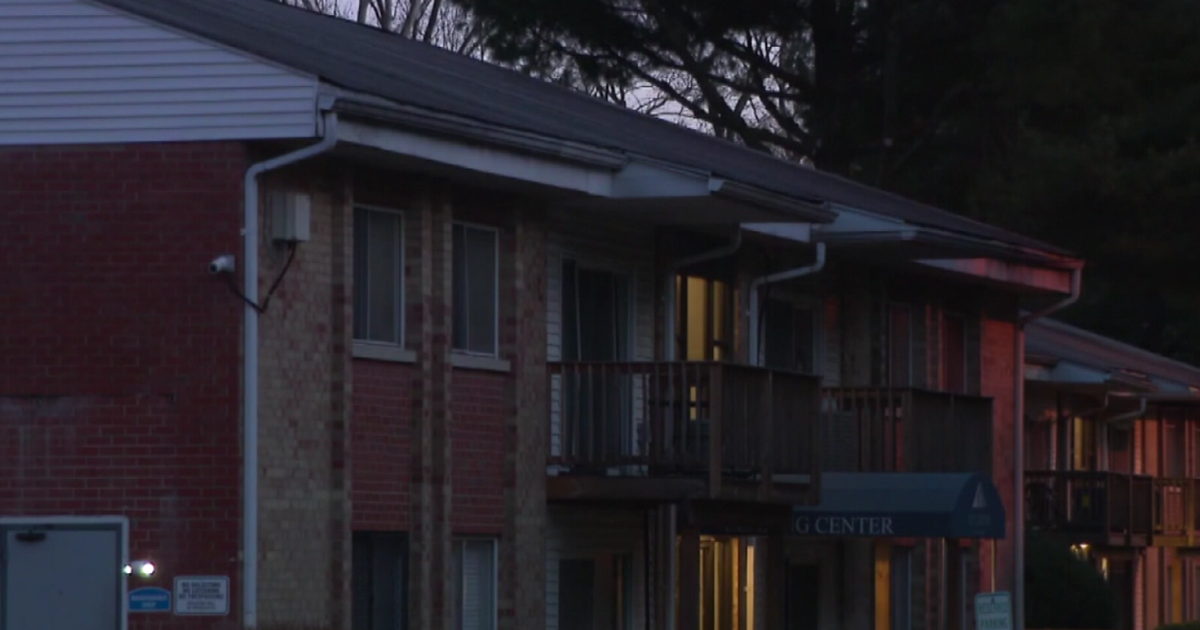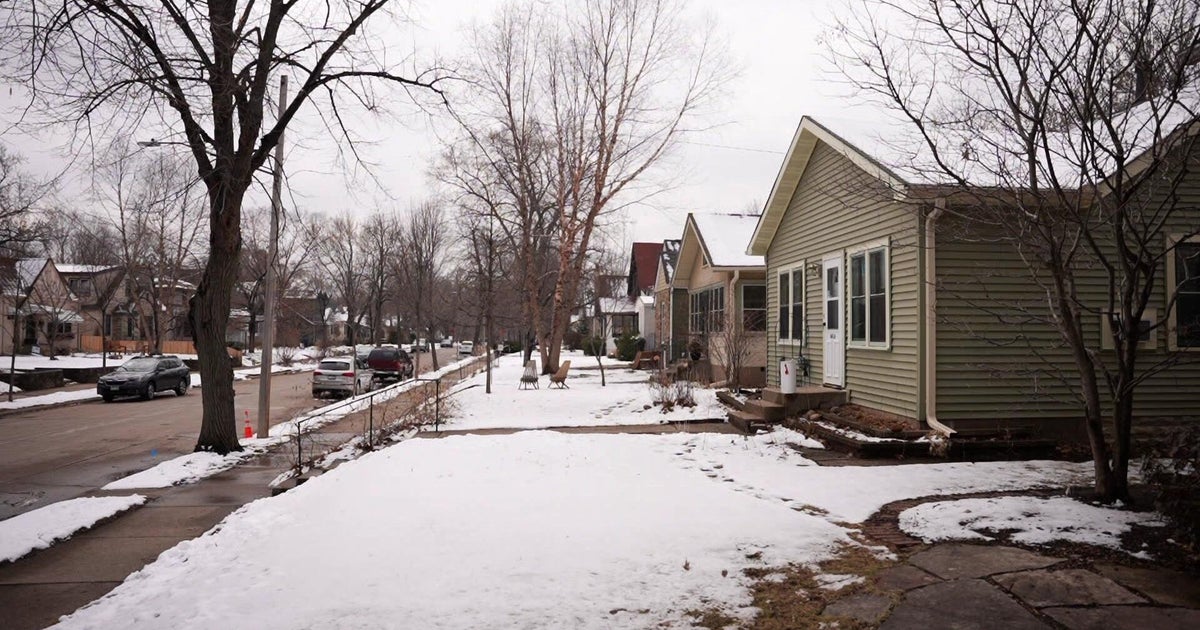Miami renters must make 6-figure salary to avoid being rent burdened, report finds
MIAMI — The average renter in Miami must make a six-figure salary to avoid being classified as rent burdened, according to a new report from researchers at Florida Atlantic University and two other schools.
The monthly report — co-produced by the FAU Real Estate Initiative, Florida Gulf Coast University's Lucas Institute for Real Estate Development & Finance, and the Alabama Center of Real Estate at the University of Alabama — found that Miami renters need to make at least $112,183 in order to avoid the rent-burdened label.
According to the U.S. Department of Housing and Development, a renter is classified as "rent burdened" if more than 30% of their annual income goes toward rent; those who spend more than 50% are considered severely rent-burdened. To avoid being rent-burdened, the average renter needs to make at least $81,000 annually, the report stated.
Miami joins 10 other U.S. rental markets where tenants need to have a $100,000-plus salary in order to dodge the rent-burdened label. The other cities that top the list include New York; San Francisco; San Diego; Oxnard, California; Boston; Los Angeles; Bridgeport, Connecticut; Honolulu; and Riverside, California, with San Jose, California, topping the list with renters needing a salary of at least $131,563.
"Not a lot of people make that kind of money," said Ken H. Johnson, Ph.D., an economist at FAU's College of Business. "This data illustrates perfectly what we've been saying about an ongoing housing affordability crisis. Rents aren't coming down significantly, if at all, so until incomes increase sharply, consumers in much of the country will continue to do without basic needs."
The latest report also shows that Florida continues to dominate the list of most overpriced markets, with Cape Coral-Fort Myers, Miami, North Port-Bradenton and Deltona all ranked in the top 10. Additionally, Cape Coral-Fort Myers experienced double-digit year-over-year rent increases, along with Charleston, South Carolina, and Madison, Wisconsin.
Meanwhile, the least rent-burdened market is Wichita, Kansas, where the average renter needs to make just less than $40,000. And in McAllen, Texas, renters only require a salary of less than $48,000.
Only seven markets posted month-over-month rent declines: Fresno, California; North Port-Bradenton; Stockton, California; Akron, Ohio; Albany, New York; New Haven, Connecticut; and Tulsa, Oklahoma.
Johnson joined researchers Shelton Weeks, Ph.D., of FGCU and Bennie Waller, Ph.D., of Alabama, in adding the rent-burdened metric to their monthly analysis of the most overvalued U.S. rental markets by using leasing data from Zillow's Observed Rental Index to determine existing rents and statistically model historical trends from 2014. Their rental index covers the entire rental stock, including homes and apartments.
"In the past, the nation has dealt with unaffordable housing in the short run by moving in together," Waller said. "This is what seems most likely once again."
Weeks said it is essential to build more rentals to keep pace with household formation and demographic shifts across America.
"But until then, the rent crisis will be most persistent in the Sun Belt states as they gain significantly in population," he said.
To view the full rankings, click here.








